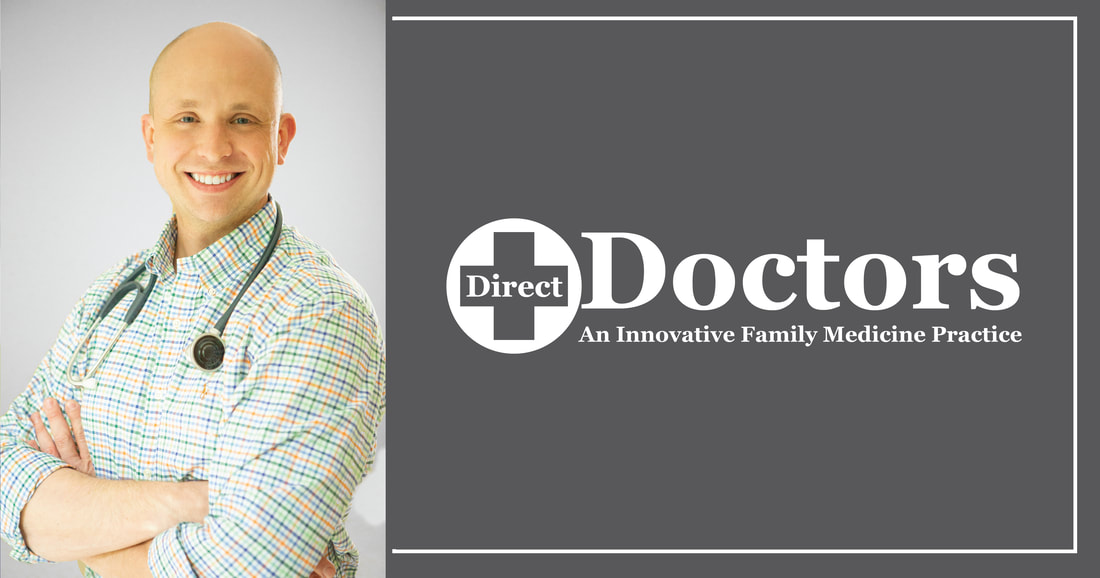|
The majority of our blogs focus on the healthcare system in general, and how direct primary care can help fill in some of the gaps. Currently, I’d like to highlight some concerns with a more local healthcare issue that has been in the news lately. If you haven’t heard, the long anticipated merger between Lifespan and Care New England has been announced. This deal also involves Brown University who only noted the positive aspects of such a merger in their press release. The Providence Journal conversely, ran a much more balanced assessment article . Every time large health organizations merge or consolidate, the purported benefits are advertised far and wide: continuity of care will improve, costs will go down, quality of care will go up and the health ecosystem will dramatically change. In this case, we are told that all of Rhode Island will be better off with the two largest healthcare organizations combining powers to produce a health care utopia.... except all the data we have to date shows the exact opposite. We have mountains of evidence that whenever this happens, costs go up! When there is a monopoly on services and reduced choice for consumers, patients (or their insurers which eventually trickles down) end up getting charged more for the same services. There is evidence that the same thing happens when physician practices merge or get bought by larger organizations. You want more data? Here’s an article from 2018 showing that though hospital operating costs are reduced 15-30% by this kind of merger, costs still go up! And how about that “increase in patient care” that is touted. Here’s an article from Harvard just last year that indicates that hospital performance does not improve and patient satisfaction actually goes down. Interestingly, we do know that one of the only things that does decrease health care costs is access to good primary care. Neither Lifespan nor CNE have ever prioritized primary care, which is consistent among most large health care providers. What is the incentive for large hospitals to have great primary care that keeps patients away from their biggest revenue generators? Care New England allowed Memorial Hospital to close, displacing the main Family Medicine Residency in the state, which disproportionately affected the large minority population in the Pawtucket/Central Falls area (despite everyone's calls to improve health disparities). Brown Medical School, like many large academic institutions, loves to highlight their students who go into flashy specialties as opposed to holding those who love primary care in similar esteem. So those who are interested in primary care medicine are really exposed only to corporate medicine, PCMH and the types of practices we think need to be changed in the first place. Rhode Island, as a whole, already has a primary care shortage due to many factors which drives more patients to urgent care and ER facilities subsequently driving up costs for everyone. To combat this, these large organizations are turning more to mid-level providers (PAs and NPs) in their primary care setting. These providers historically order more tests, refer more to specialists, etc… which, you guessed it, also drive up costs. To assist with all of this “continuity,” these large organizations turn to bloated, insanely expensive, electronic medical record and billing software. Then to make up for these costs, primary care doctors are forced to see more patients, leaving little time for good medicine or pension for over prescribing, ordering and referring (as we’ve mentioned in the past) We do understand that there can certainly be an increase in academic research and improved specialty consultation within these institutions, so it’s not all bad. But in the end, the combination of poor primary care, hospital monopolies and the introduction of more HMO plans into the mix are setting our Rhode Island health care system up for increasing costs, decreasing patient choice without any change in outcomes or patient satisfaction. At Direct Doctors, we will continue to do our part in assisting patients with quality primary care access, lowering their medical costs and improving their overall care! Comments are closed.
|
AuthorLauren Hedde, DO; James Hedde, DO and Mark Turshen, MD are Family Physicians and Co- Founders of Direct Doctors, Inc. a Direct Primary Care Practice. Archives
December 2023
Categories |

 RSS Feed
RSS Feed